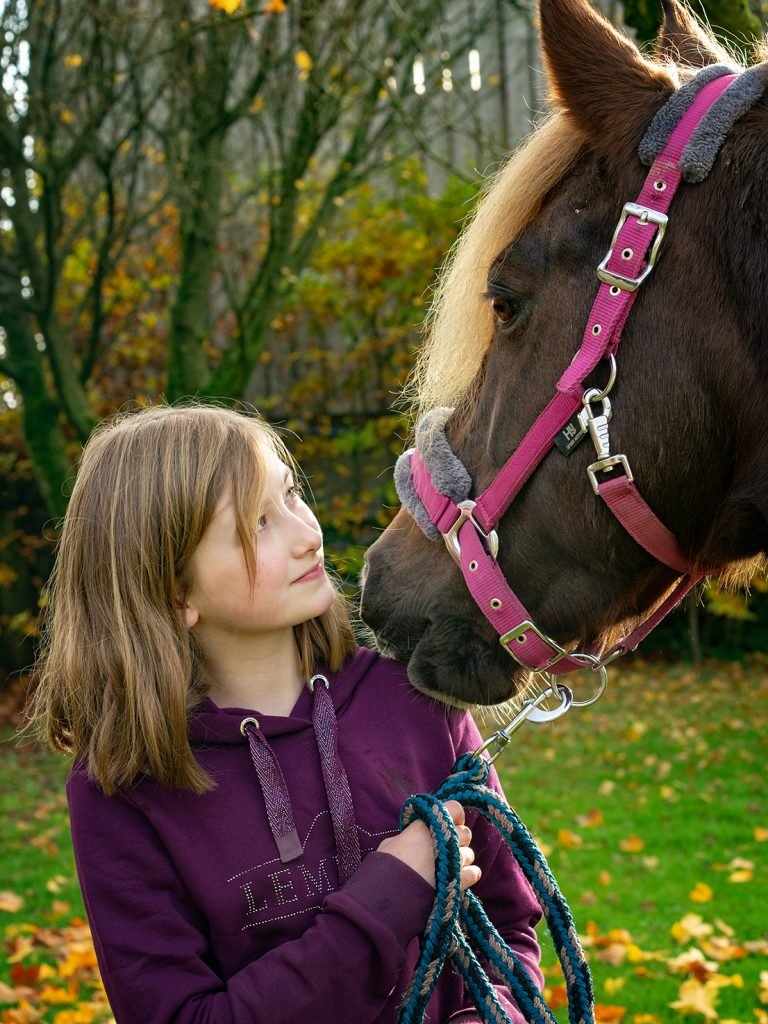Ark Education Barn


About Ark Education Barn
Across the UK, many young people aged 11–16 are disengaged from education due to anxiety, unmet needs, or negative classroom experiences. Some have EHCPs requiring specialist support, while others are at risk of becoming NEET (Not in Education, Employment, or Training). Traditional classroom models often fail to meet these learners’ needs, so education must be practical, inclusive, and rooted in real-world skills.
Ark Education Barn, set in an Area of Outstanding Natural Beauty, provides a unique learning environment combining animal welfare, hands-on care, and therapeutic experiences. In partnership with Trust Education, we create meaningful, inclusive opportunities for pupils with SEND (including EHCPs), pupils that are struggling in mainstream schools, students exploring animal-related careers, young people needing mental and physical health support, and anyone seeking animal connection and companionship.
Together, we support mental health, resilience, and wellbeing through safe interactions with animals and nature, offer hands-on experiences in husbandry, care, and handling, and provide pathways to achievement through ASDAN Animal Care Accreditation and Certification (Bronze, Silver, Gold). Our flexible, portfolio-based learning with practical tasks delivers nationally recognised accreditation while fostering connection, confidence, and skills for life in an environment where every learner can thrive.
Education, Health, Care Plan’s. (EHCP)
Animals appear in EHCPs because they support the educational, health, and care outcomes outlined in the plan, from academic engagement to social, emotional, and sensory development.
Why Animals Feature in learners EHCPs and the benefits.
- Emotional Regulation & Mental Health.
- Animals provide calm, non-judgmental companionship, which helps reduce anxiety and stress.
- Interacting with animals can release oxytocin and serotonin, supporting emotional regulation.
- They can act as a safe outlet for children to express feelings.
- Social & Communication Skills.
- Caring for and talking to animals encourages social, emotional and communication skills..
- Builds empathy and understanding by recognising the needs and behaviours of another living being.
- Encourages teamwork when working with peers around animal care tasks.
- Sensory Regulation.
- Many children with SEND benefit from sensory input, stroking fur, listening to animal sounds, or experiencing natural environments.
- Animals help create structured, calming sensory experiences.
- Responsibility & Independence.
- Feeding, grooming, and handling animals teach routine, organisation, and responsibility.
- Promotes independence through achievable, meaningful tasks.
- Motivation & Engagement in Learning.
- Animals are a powerful motivator for participation in educational activities.
- Linking learning to animal care (maths for feed, literacy for care logs, science for biology).makes curriculum content more engaging and relevant.
Physical Benefits
- Activities like walking, grooming, or riding can promote gross and fine motor skills.
- Physical interaction supports coordination and strength development.
- Therapeutic Support.
- Animals play a role in Animal-Assisted Therapy (AAT), which is recognised in health and education sectors.
- For some learners, animal contact is included in EHCPs as part of therapeutic provision for emotional wellbeing and behaviour support.
Accessibility, Facilities, and Space
- Full disabled toilet facilities
- Wheelchair accessible areas throughout the farm
- Safe, inclusive spaces designed for all learners
- Breakout and reset calming areas
- Sensory regulation areas

